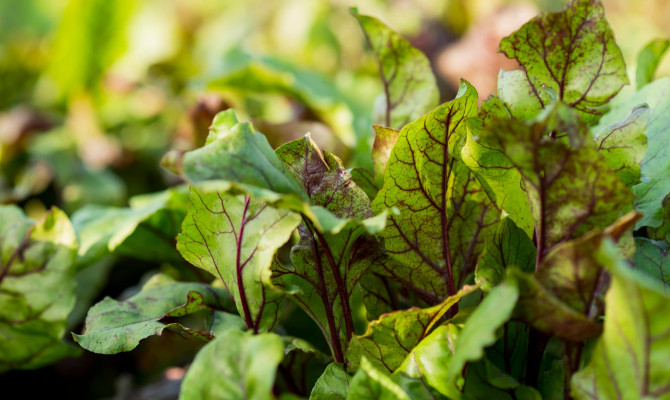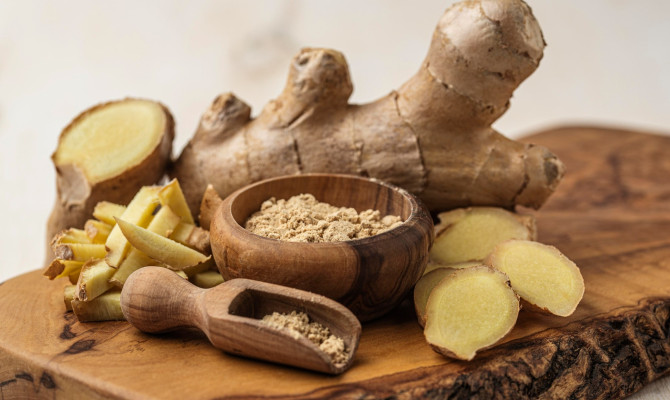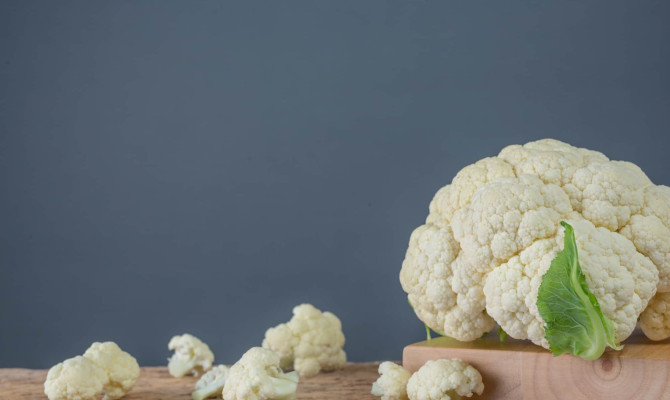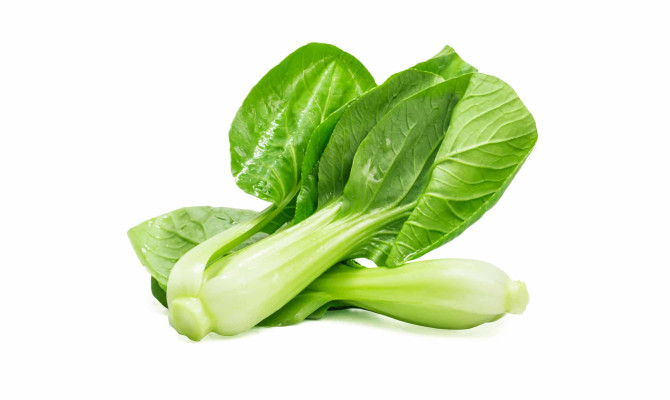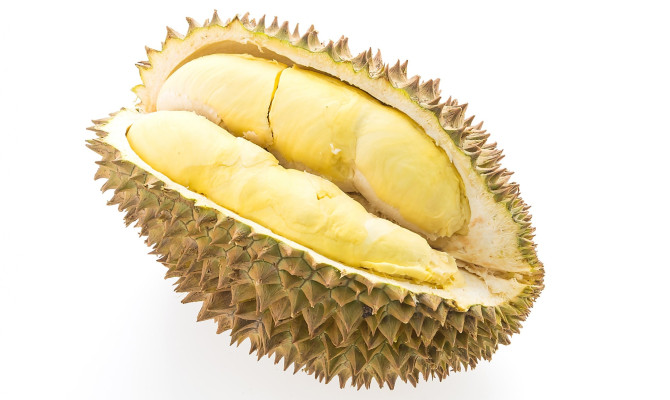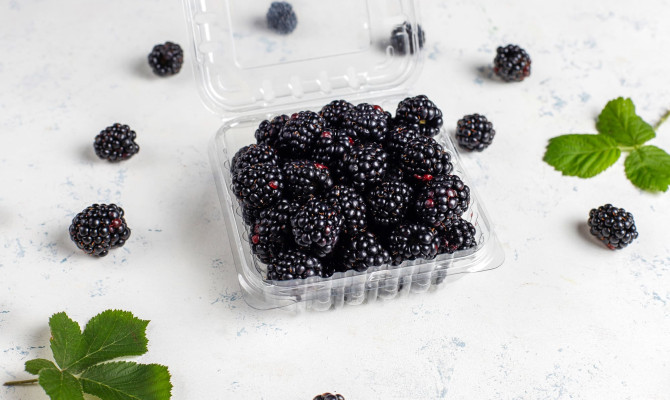Avocado : Nutrition, Benefits, and Side effects

- Avocado
- 17 Aug 2023
Overview
What is Avocado?
Avocado (Persea Americana) is the fatty pear-shaped to round delicious fruit of the Avocado tree belonging to the Lauraceae family. There are wide varieties of avocados, ranging from pale green to bright green and black when completely ripe. Avocado has a polished and creamy texture and is highly nutritious.
Avocado is indigenous to Central America and Mexico. It is a versatile fruit used as a kitchen staple in many world regions. The fruits, seeds, and leaves are used to make medicines.
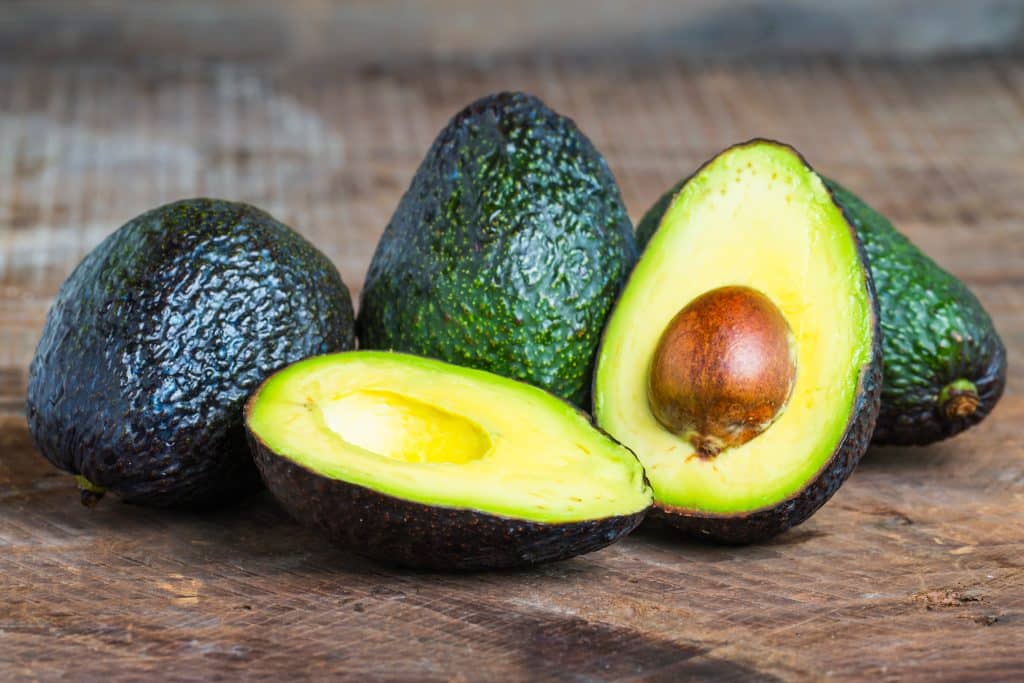
Key Facts of Avocado
- Avocado fruit is also referred to as alligator pear, avocado pear, or butter fruit.
- Botanically, avocado is a large single-seeded berry
- Avocados are grown in many countries around the world with the tropical and Mediterranean climate
- For commercial purposes, avocados are picked when unripe and then ripened after harvesting
- In the United States, California is the lead producer of avocados, with 400 million pounds of avocado every year
- In 2020, Mexico was the world’s leading producer of avocados, with a supply of 30% of the global harvest 1Overview| Researched based study from Sciencedirect.com , 2Overview| Researched based study from Nlm.nih.gov
Nutrition
Nutrition in Avocado
A 200gram avocado contains the following nutrients
- Calories-322
- Protein -4 gm (gram)
- Carbohydrate-17 gm
- Fat-30 gm
- Fiber-14 gm
- Vitamin K-35% DV (Daily value)
- Vitamin E-28% DV
- Vitamin C-22% DV
- Vitamin B2 (riboflavin)-20% DV
- Vitamin B3 (Niacin)-22% DV
- Vitamin B6 (Pyridoxine)-30% DV
- Vitamin B5 (Pantothenic acid)-56% DV
- Vitamin B9(Folate)-41% DV
- Magnesium-14% DV
- Manganese-12% DV
- Copper -42% DV
- Potassium-21% DV
The nutrients in avocado have the following functions in our body
- Potassium is needed for many bodily processes, such as blood pressure regulation and proper nervous system functioning
- Copper helps maintain the nervous system and immune system
- Manganese is a mineral required by the body for activating many enzymes of bodily processes and maintaining healthy bones
- Magnesium is necessary for maintaining nerve and muscle function as well as blood pressure and sugar levels in our body
- Vitamins B6, C and E are needed to work the immune system correctly.
- The monosaturated fat in avocado help in the better absorption of the vitamins A, D, E, and K and help lower the bad cholesterol in our body
- Vitamin B9 (Folate) is necessary for normal cell functioning and tissue growth.
- Vitamin K is crucial for healing (blood clotting) and normal bone health
- Vitamin B6 is vital for converting food into energy 3Nutrition| Researched based study from Usda.gov
Bioactive compounds in avocado
Persenones A and Persenones B
- Persenones A and Persenones B are the novel natural compounds found in avocado fruit.
- It is a unique antioxidant that inhibits abnormal cell growth and prevents inflammation.
- It protects the body against cell damage
Carotenoids
- Carotenoids are natural pigments present in the plants
- Lutein and Zeaxanthin are the carotenoids found in avocado
- It improves eye health and decreases the risk of age-related eye diseases 4Nutrition| Researched based study from Acs.org
Health Benefits

Health Benefits of Avocado
The health benefits of avocados are mentioned below
- Promotes gut health
- Helps with weight loss
- Improves the heart health
- Reduces arthritis symptoms
- Promotes eye health
- Promotes the brain health
- Promotes the skin health
- Strengthen bone health
- Fights cancer
Promotes gut health
- The fiber in avocado helps promote the growth of healthy bacteria necessary for digestive health.
- It lowers the fecal bile acid concentration. Greater bile acid concentration causes intestinal inflammation 5Health benefits| Researched based study from Nlm.nih.gov
Helps with weight loss
- Avocado decreases the abdominal fat
- It reduces the body weight
- It keeps the stomach full and reduces hunger 6Health benefits| Researched based study from Nlm.nih.gov
Improves the heart health
- Nutrients in avocados increase the high-density lipoprotein (HDL) cholesterol and decrease the low-density lipoprotein (LDL) cholesterol responsible for plaque (fat deposit) formation in arteries.
- It regulates blood pressure.
- It reduces the risk of heart disease 7Health benefits| Researched based study from Nlm.nih.gov
Reduces arthritis symptoms
- Avocado supplements reduce the pain and swelling in hip and knee arthritis Arthritis is a disorder that attacks the joints
- It decreases the redness and improves the mobility 8Health benefits| Researched based study from Nlm.nih.gov
Promotes eye health
- Zeaxanthin and lutein in avocados absorb the light waves that can affect our vision.
- It decreases the risk of macular degeneration in older adults 9Health benefits| Researched based study from Nlm.nih.gov
Promotes the brain health
- Avocados slow the decline in memory
- It improves mental activity and thinking
- It reduces the risk of Alzheimer’s disease 10Health benefits| Researched based study from Nlm.nih.gov
Promotes the skin health
- Avocado enhances the skin elasticity
- It increases the skin firmness
- It decreases wrinkles and protects the skin from UV(ultraviolet) damage 11Health benefits| Researched based study from Nlm.nih.gov
However, more research is warranted to prove the effects of avocados on skin health
Strengthen bone health
- Avocado increases the bone density
- It reduces the risk of fractures 12Health benefits| Researched based study from Nlm.nih.gov
Fights cancer
- Avocado inhibits the growth of abnormal cells
- It reduces the risk of colorectal, lung, and bladder cancer 13Health benefits| Researched based study from Nlm.nih.gov
Side effects
Side effects of Avocado
Avocado is generally safe when consumed as food. There is not enough information on whether avocado is safe as medicine.
Allergic reactions
Most people can well tolerate Avocado oil for up to three months. However, some people might experience the following:
- Itching
- Skin rash
- Hives
- Swelling in the face, neck, and lips
Unwanted weight gain
- Eating avocado in moderation has no potential health risk. However, excess consumption can cause unwanted weight gain as the fruit has high-fat content.
Avocado may cause digestive problems
- FODMAP is a fermentable oligosaccharide, disaccharide, monosaccharide, and polyol (sugar alcohol) with short-chain carbohydrates. The small intestine poorly absorbs it. So people with digestive problems might find it difficult to digest 14Side effects| Researched based study from Sciencedirect.com
Contraindications
Who should avoid consuming Avocado
- People on blood thinning medication
- People allergic to the fruit
- One who is allergic to rubber or latex 14Contraindications| Researched based study from Sciencedirect.com
- Nursing mothers and pregnant women should avoid consuming avocados in large amounts as medicines due to inadequate information on the safety and efficiency of these groups. However, they can consume avocado in food amounts
Storage
Storage and Selection of Avocado
Selecting avocado
- One must gently press the avocado to confirm the ripeness.
- If the fruit’s skin is tough, one must keep it to ripen further.
- If the skin compresses under pressure, the fruit is ready for eating.
Storage of avocado
- One can keep the ripe avocados in a refrigerator
- Hard and green unripe avocados can be kept in the stock room for several days until they ripen.
- One willing to ripen the fruit faster can keep it in a paper bag with a banana or apple. The outer skin becomes dark purple or black on ripening, and the skin breaks on gentle pressure.
- Avocados that are molded and discolored or have a sour taste and smell must be discarded.
Tips
Tips for incorporating Avocado into the diet
- One can make a salad (guacamole) using avocados, lime, onion, and cilantro (coriander)
- Top chicken breast with a salad of cubed avocado and tomato
- One can toss frozen avocados into smoothies
- Add avocado toppings to soups
- Incorporate avocado into grain bowls
- One can make a dairy-free avocado chocolate mousse
- Add avocados to bread and bake it for a crisp treat
- Have half avocado with egg and berries for breakfast
- Use avocado in place of mayo with yogurt in salmon, chicken, and tuna salads
- Smash avocado on the top of toast
- One can slice it into sandwiches
- Toss it with pasta and substitute it for butter in baked food
- Stuff avocado with bean or chicken salad
- One can blend avocado with olive oil and lemon juice for a creamy dressing
- Top a burger with sliced avocado
- One can sprinkle a half avocado with salt and pepper and enjoy it raw
- Use the over-ripe avocado in baked meals 15Tips| Researched based study from Sciencedirect.com
Interactions
Interactions of Avocado
Warfarin
- Warfarin is an anticoagulant used for delaying the blood clotting process
- So, taking avocado and warfarin together might decrease the efficiency of the drug
- It might increase the risk of clotting 16Interactions| Researched based study from Nlm.nih.gov
Takeaway
Key Takeaways
- Avocado is a nutritious, delicious fruit with many health benefits
- Avocado contains a notable amount of nutrients, including vitamin B6, vitamin C, folate, potassium, vitamin E, and copper
- Avocado is also rich in minerals, vitamins, fiber, and fats that reduce the risk of chronic diseases
- Avocado is an excellent addition to a nutrient-enriched balanced diet
Any feedback on this article?
 This Articles content was accurate
This Articles content was accurate Very Informative Article
Very Informative Article I have a question or a comment
I have a question or a comment
 This article contains inaccurate content
This article contains inaccurate content This article was not helpful
This article was not helpful I have a question or a comment
I have a question or a comment
We appreciate your helpful feedback!
Checkout our social pages
References
-
Science Direct
Avocado - an overview | Overview
-
National Library of Medicine
The Odyssey of Bioactive Compounds in Avocado (Persea americana) and Their Health Benefits | Overview
-
U.S. DEPARTMENT OF AGRICULTURE
Avocados, raw, all commercial varieties | Nutrition
-
ACS publications
Novel Nitric Oxide and Superoxide Generation Inhibitors, Persenone A and B, from Avocado Fruit | Nutrition
-
National Library of Medicine
Avocado Consumption Alters Gastrointestinal Bacteria Abundance and Microbial Metabolite Concentrations among Adults with Overweight or Obesity: A Randomized Controlled Trial | Benefits
-
National Library of Medicine
Effects of Avocado Consumption on Abdominal Adiposity and Glucose Tolerance: Findings from the Persea Americana for Total Health (PATH) Randomized Controlled Trial | Benefits
-
National Library of Medicine
A Moderate-Fat Diet with One Avocado per Day Increases Plasma Antioxidants and Decreases the Oxidation of Small, Dense LDL in Adults with Overweight and Obesity: A Randomized Controlled Trial | Benefits
-
National Library of Medicine
Efficacy and safety of avocado-soybean unsaponifiables for the treatment of hip and knee osteoarthritis: A systematic review and meta-analysis of randomized placebo-controlled trials | Benefits
-
National Library of Medicine
Lutein and Zeaxanthin—Food Sources, Bioavailability and Dietary Variety in Age-Related Macular Degeneration Protection | Benefits
-
National Library of Medicine
US Older Adults That Consume Avocado or Guacamole Have Better Cognition Than Non-consumers: National Health and Nutrition Examination Survey 2011–2014 | Benefits
-
National Library of Medicine
Avocado Consumption Increased Skin Elasticity and Firmness in Women - A Pilot Study | Benefits
-
National Library of Medicine
Essential Nutrients for Bone Health and a Review of their Availability in the Average North American Diet | Benefits
-
National Library of Medicine
Avocados: A Recipe for Good Guacamole or Lower Cancer Risk?
-
Science Direct
Cross-reacting allergens in natural rubber latex and avocado'. Journal of Allergy and Clinical Immunology | Side effects | Contraindications
-
Science Direct
Avocado fruit—Persea americana | Tips
-
National Library of Medicine
Hass Avocado Composition and Potential Health Effects - PMC | Interactions












